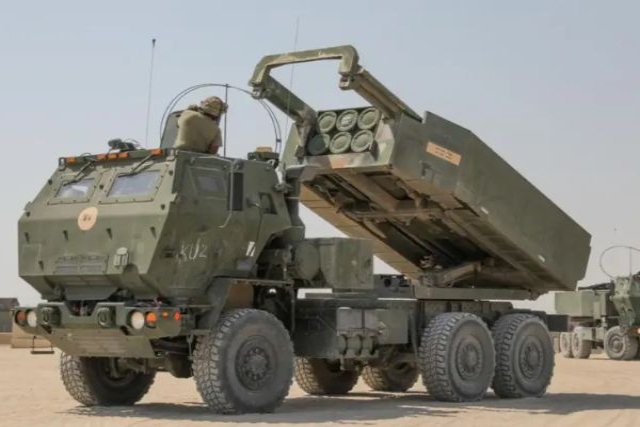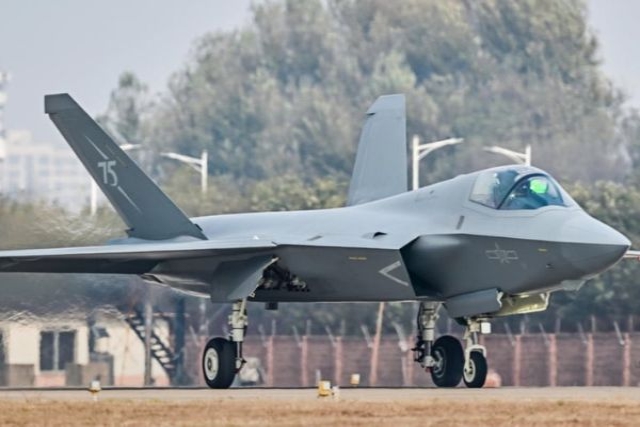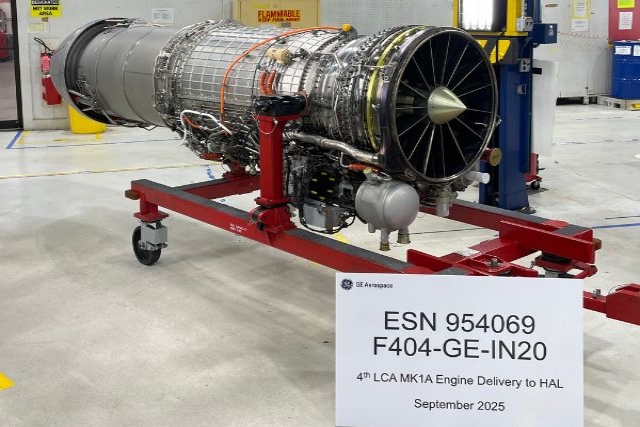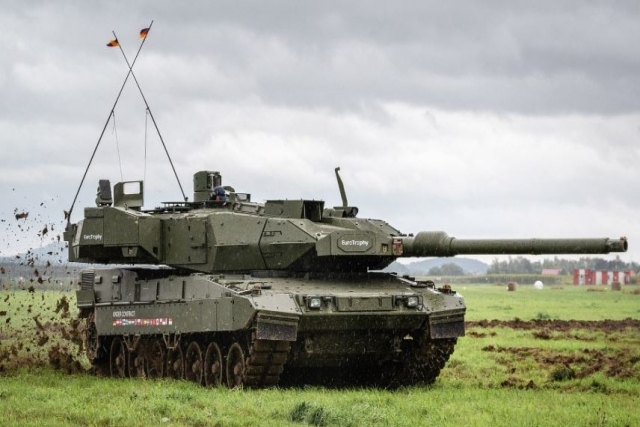Japan to Provide Military Aid to Five New Indo-Pac Region Countries
Tokyo plans to extend security assistance to Thailand, Sri Lanka, Tonga, East Timor, and Papua New Guinea as part of an expanded Indo-Pacific strategy
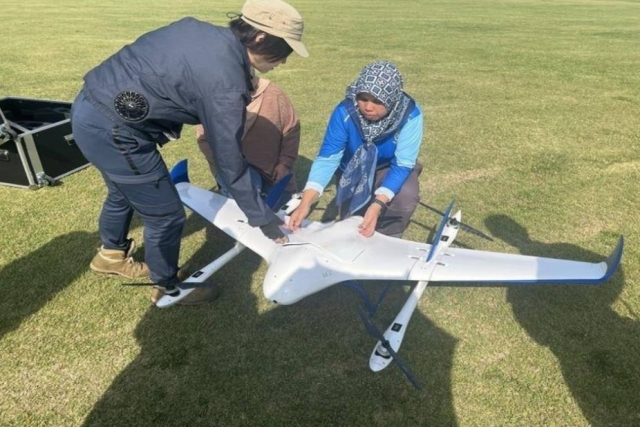
Japan is preparing to extend military aid to five additional countries in the Indo-Pacific region under its Official Security Assistance (OSA) program, expanding efforts to bolster regional stability amid shifting security dynamics.
According to a Japanese government source quoted by The Japan Times on Monday, Thailand, Sri Lanka, Tonga, East Timor, and Papua New Guinea are now in talks to join the OSA framework. If finalized, this would double the number of recipient nations to eight, alongside existing beneficiaries Indonesia, Malaysia, and the Philippines.
“The goal is to help maintain stability in the Indo-Pacific region,” the source said, noting that discussions are currently underway with the new candidates as well as with current OSA partners.
The expansion follows Japan’s decision to raise the OSA budget by 60% for fiscal 2025, from ¥5 billion to ¥8 billion ($54.6 million). The increase marks the third consecutive year of funding hikes since the program's launch in 2023.
Launched as part of Japan’s revised National Security Strategy in December 2022, the OSA represents a policy shift away from Tokyo’s previous stance of not using aid for military purposes. The program provides grants for non-lethal military equipment, infrastructure development, and initial training, though it does not cover ongoing maintenance or repairs.
A Foreign Ministry official said the specific aid packages for this fiscal year are still being coordinated. However, there is growing demand among candidate nations for surveillance drones, rescue vessels, and heavy construction equipment for humanitarian and disaster relief missions.
Earlier this year, Fiji became the first country to receive equipment under the OSA scheme. Its first shipment—delivered in May—included an underwater camera, a rescue boat, and a water-rescue training mannequin. Further aid, including patrol and rescue boats, is scheduled for delivery through 2026.
Malaysia is also set to receive surveillance drones, while the Philippines has requested coastal surveillance radars. Bangladesh is expected to receive patrol boats next year.
Although OSA focuses on strengthening regional security partnerships, it operates separately from Japan’s Official Development Assistance program. Under strict arms export rules, OSA cannot be used to supply offensive weaponry, and all contracts to date have been awarded to domestic Japanese firms.
While not an explicit objective, officials say there is potential for OSA to eventually stimulate demand for Japanese defense exports in participating countries.
